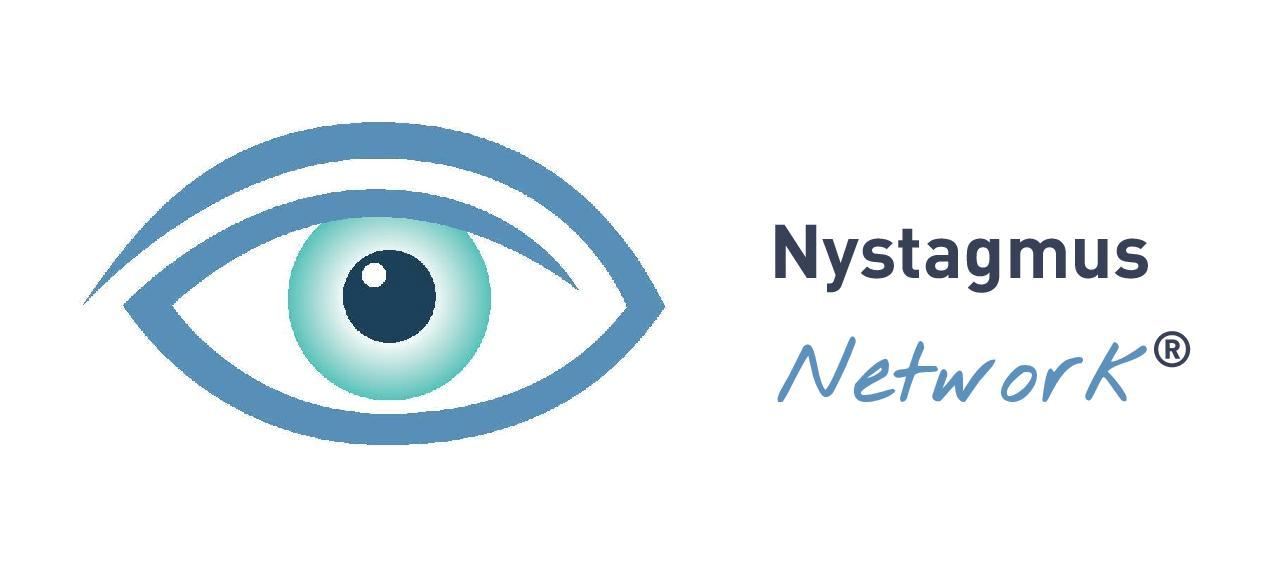- Video magnifier – incorporates camera to capture live whiteboard information and relay to student’s laptop or tablet. Can also be used to magnify text in books.
- Laptops and desktop computers/Braillenotes.
- Tablets, iPads and ereaders.
- Matt screen cuts down glare.
- Screen magnifiers – SuperNova, Zoomtext, MAGic.
- Screen readers – Jaws, Window-Eyes, SuperNova, Zoomtext.
- Speech recognition software – Dragon.
- iPad speech to type feature (microphone on keyboard).
- Handheld electronic magnifiers – freeze frame function, switch between colour, black & white, rechargeable batteries.
- Apps to live link whiteboard to laptop, tablet or iPad in class (details below).
- Accessibility functions on laptops & iPads
- It is possible to customise every setting within the window operating platform and MS Office.
- Specialist screen readers.
- Speech to text software / headsets.
- Enlarged cursor, pointer – ACE Centre, Biggy.
- Enlarged icons.
Guide Dogs
Guide Dogs has an Access Technology team which gives advice on choosing the most appropriate technology to help children and young people with a vision impairment study and play. We work across England, Wales, Scotland and Northern Ireland. We also offer a grants programme that allows families to apply for recommended items they otherwise wouldn’t be able to access. Download this document about the Grant Criteria for more info.
Assistive or adaptive technology and sensory toys can make all the difference to how a child with sight loss learns and plays. There are so many options – including computer equipment and software, Braille devices, screen readers and magnifiers, multi-sensory toys, resonance boards and more. Finding the right equipment for a child or young person is vital, but can be an overwhelming task.
We help families to choose the best possible devices and software to meet a blind child’s individual needs at home and at school.
Our advice is independent and unbiased, as we don’t sell any equipment. We work with other agencies, suppliers and organisations to make sure we give the most relevant information on the latest accessible technology.
RNIB guide to assistive technology
Touch typing
Touch typing is a very valuable skill for a student with Nystagmus. It is more efficient and less tiring than writing, helping to reduce the fatigue effects of having Nystagmus. It promotes better posture, allows student to change font size and is easier to read than handwriting.
- Aim for student to be a competent touch typist by end of Year 6.
- Request advice from QTVI on appropriate touch typing programmes & length of sessions.
- 10 minutes every school day has been suggested as appropriate.
- Incorporate touch typing into school timetable.
- Focus on accuracy not speed as speed will follow.
- Cover hands during touch typing sessions.
- Appropriately sized bumpons stuck onto keyboard can be useful. (http://shop.rnib.org.uk/home-and-leisure/labelling/bumpons-and-tactimark/round-orange-flat-head-bumpons.html)
- Many free touch typing programmes are available online or on CD. The below is not an exhaustive list and does not imply endorsement.
Commercial product
Commercial product for schools
Free Apps for whiteboard access
The following apps are commonly used by schools to link a classroom whiteboard to a laptop, tablet or iPad.
- me
- Impero
- Splash top
- Read to go
- Team viewerQAC Sight Village Exhibition
This is an event for people who are blind or partially-sighted, for professionals supporting and advising VIPs and for all businesses and other organisations wishing better to meet the needs of their vision impaired customers.
QAC Sight Village has been described as “the premier exhibition for blind and partially-sighted people in the UK” and as ”the country’s leading expo of access tech solutions”.
Each July thousands of visitors travel to Birmingham to find out at first hand the latest technology, products and support services available to people who are blind or partially-sighted. Our exhibitors are commercial companies and voluntary organisations from throughout the world.
In addition to the main show in Birmingham, we host a number of roadshow events in cities such as London, Leeds, Manchester, Glasgow and Edinburgh. Admission is free.
